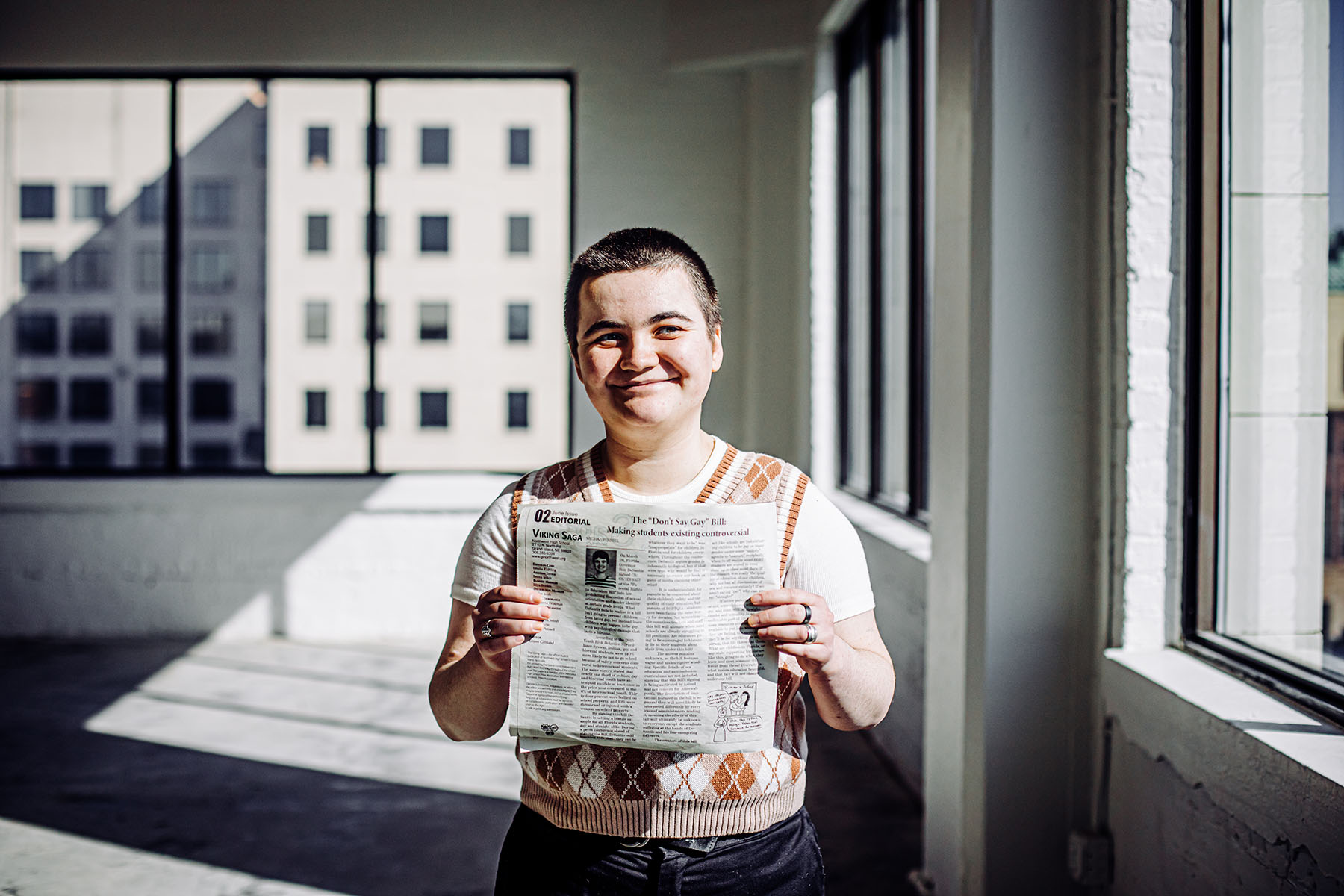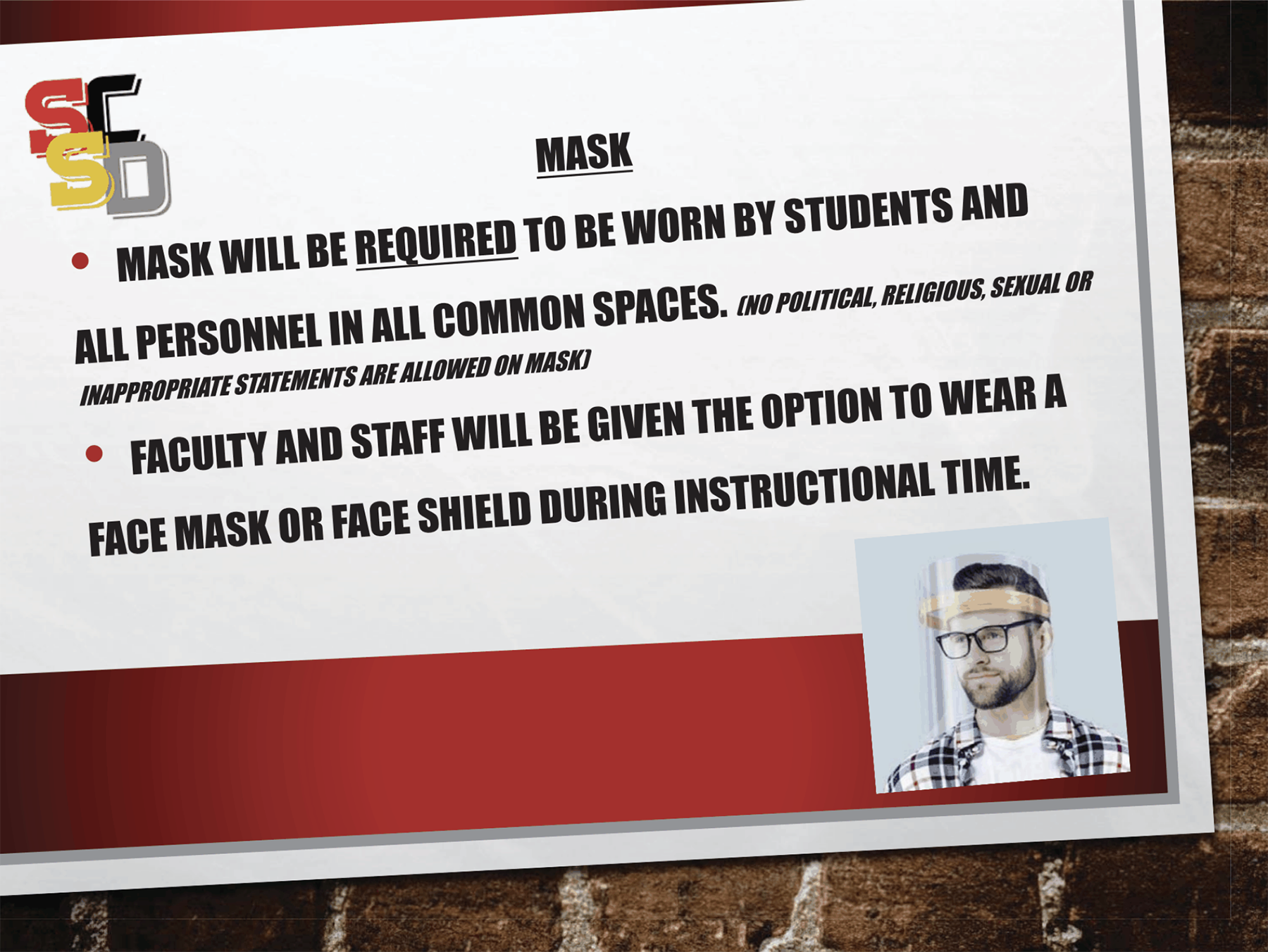A Tennessee public high school student sued his school July 18 after he was suspended for posting memes ridiculing his principal, claiming the disciplinary action violated his First Amendment rights.
The 17-year-old student, identified as I.P. in court filings, filed the lawsuit against Tullahoma City Schools, his principal Jason Quick and Assistant Principal Derrick Crutchfield. I.P. was suspended for three days after he shared three memes to his Instagram account after school hours. The lawsuit, filed by the Foundation for Individual Rights and Expression, (FIRE), in the United States District Court for the Eastern District of Tennessee, argues that “the First Amendment bars public school employees from acting as a round-the-clock board of censors over student expression.”
“This case is about a thin-skinned high school principal defying the First Amendment and suspending a student for lampooning the principal on the student’s Instagram page even though the posts caused no disruption at school,” the lawsuit stated.
Quick used a high school policy for suspending I.P. The policy prohibits students, whether they are on school grounds or not, from “posting pictures ‘that result[] in the embarrassment, demeaning or discrediting of any student or staff,’ regardless of whether the pictures substantially disrupt the school day,” according to the lawsuit.
The suit noted that this policy, as well as I.P.’s suspension, is “squarely unconstitutional” under the 2021 Supreme Court decision in Mahanoy Area School District v. B.L., which focused on the regulation of off-campus speech, specifically on social media.
The Supreme Court in Mahanoy ruled in favor of B.L., later identified as Brandi Levy, who was a student who shared a Snapchat to about 250 people while off-campus stating, in part, “f*ck cheer, f*ck everything.” Levy was subsequently kicked off of the cheerleading team for a year because of the post, but argued that the First Amendment limits a school’s ability to punish out-of-classroom speech.
While the high court ruled in favor of Levy, it did note that there are specific circumstances in which a school has the right to regulate off-campus speech of its students.
These circumstances include “serious or severe bullying or harassment targeting particular individuals; threats aimed at teachers or other students; the failure to follow rules concerning lessons, the writing of papers, the use of computers, or participation in other online school activities; and breaches of school security devices, including material maintained within school computers,” Justice Stephen Breyer wrote in the opinion.
I.P.’s lawsuit follows this precedent set in Mahanoy, stating that “the Supreme Court has been clear: Unless a student’s off-campus expression causes a substantial disruption at school, the job of policing their speech falls to parents, not the government.”
The lawsuit states that “court’s must be more skeptical of a school’s effort to regulate off-campus speech, for doing so may mean the students cannot engage in that kind of speech at all,” referencing Mahanoy.
In Layshock v. Hermitage School District (2011), a student created a satirical MySpace profile of his school principal. The U.S. Court of Appeals for the Third Circuit ruled in favor of the student, holding that if schools could have the same control over a student’s actions off-campus as they do while students engage in school-sanctioned activities, school officials would have “round-the-clock censorship power, severely infringing upon a student’s First Amendment free speech rights,” according to FIRE attorney Harrison Rosenthal.
“Schools have authority to moderate both student speech that materially and substantially disrupts school operations,” Rosenthal said, noting that I.P.’s memes were not threatening and did not cause disruption at the school. “Courts, however, treat with skepticism off-campus speech regulations because, when combined with on-campus restrictions, they apply to everything a student might say publicly and in private.”
July 19, 2023 — I.P. v. Tullahoma City Schools, Jason Quick and Derrick Crutchfield
Tags




